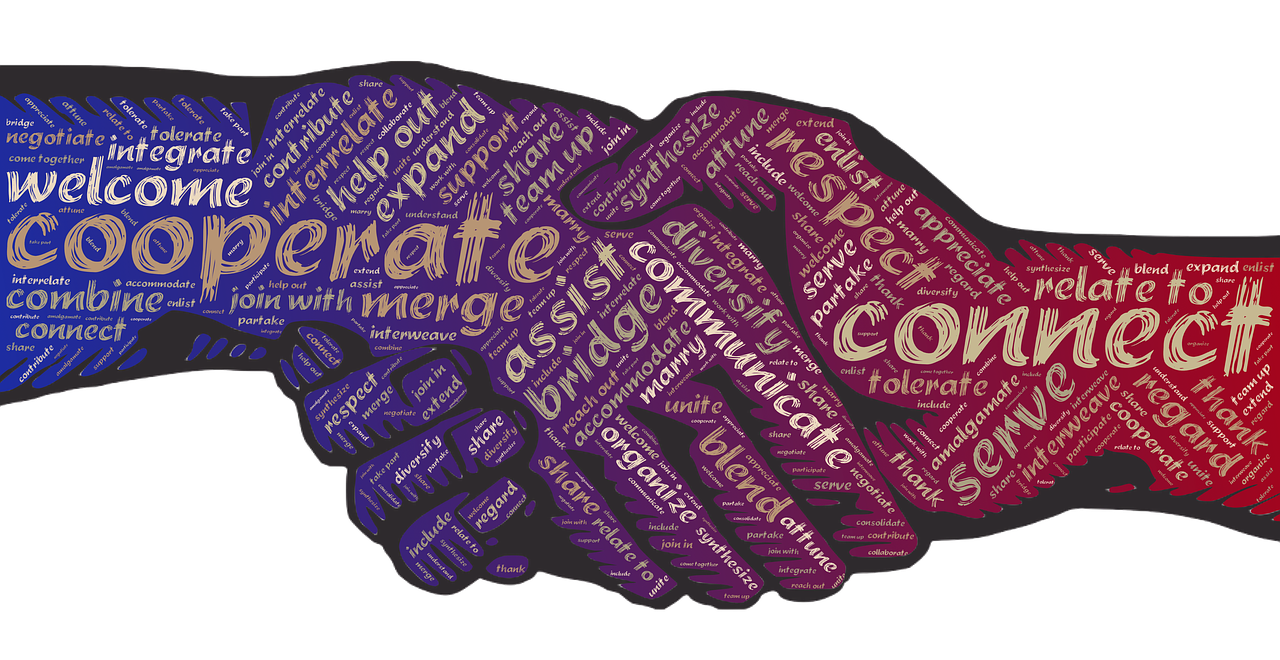Summary
Communication serves as the foundation of every strong relationship, whether they're romantic, family-related, or friendships. Communication builds understanding, trust, and emotional bonds between people.
Communication serves as the foundation of every strong relationship, whether they’re romantic, family-related, or friendships. Communication builds understanding, trust, and emotional bonds between people.
Understanding
Effective communication allows individuals to express their thoughts, feelings, and needs openly, which helps partners understand each other’s perspectives and experiences.It fosters empathy and compassion as partners actively listen to each other, creating a stronger emotional connection.By communicating openly, misunderstandings can be clarified, and partners can develop a deeper understanding of each other’s motivations and desires.Understanding each other’s communication styles can lead to smoother interactions and a more harmonious relationship.
Conflict Resolution
Healthy communication facilitates the resolution of conflicts and disagreements in a constructive manner, reducing misunderstandings and resentment.It encourages active listening and empathetic responses, allowing partners to address underlying issues rather than engaging in blame or criticism.Through effective communication, couples can negotiate compromises and find mutually beneficial solutions to conflicts, promoting harmony and mutual respect.When conflicts are resolved through communication, it strengthens the relationship and builds resilience for future challenges.
Building Trust
Open and honest communication builds trust and transparency in relationships, creating a safe space for vulnerability and emotional intimacy.Sharing thoughts, feelings, and concerns openly demonstrates sincerity and reliability, reinforcing trust between partners.Transparency in communication fosters a sense of security and reassurance, as partners feel confident in each other’s intentions and actions.Trust is cultivated over time through consistent communication that aligns with integrity and respect for each other’s boundaries.
Strengthening Bonds
Regular communication strengthens emotional bonds between individuals, deepening their connection and fostering a sense of closeness.By sharing experiences, dreams, and aspirations, partners create shared memories and goals that reinforce their bond.Expressing appreciation and affection through communication enhances feelings of love and affection, nurturing the relationship.Meaningful conversations promote intimacy and understanding, strengthening the emotional foundation of the relationship.
Problem-Solving
Effective communication enables couples to identify issues and work together to find solutions, promoting collaboration and mutual support.It encourages brainstorming and creative problem-solving strategies, allowing partners to explore various perspectives and options.Clear communication helps prevent misunderstandings and allows partners to address concerns before they escalate into larger problems.By approaching challenges as a team, couples can leverage each other’s strengths and resources to overcome obstacles and grow together.
Tips for Improving Communication Skills
Active Listening
Practice active listening by giving your full attention to your partner, maintaining eye contact, and summarizing or paraphrasing their message to ensure understanding.
Express Yourself Clearly
Be clear and concise when expressing your thoughts and feelings, using “I” statements to take ownership of your emotions and avoid blame or criticism.
Empathy
Cultivate empathy by putting yourself in your partner’s shoes and trying to understand their perspective without judgment or defensiveness.
Be Honest and Authentic
Foster trust and authenticity in your communication by being honest about your feelings, needs, and boundaries, even if it feels uncomfortable.
Use Nonverbal Cues
Pay attention to nonverbal cues such as body language, tone of voice, and facial expressions, as they often convey emotions and intentions more accurately than words.
Practice Assertiveness
Assertiveness involves expressing your thoughts, feelings, and needs respectfully and assertively, without being passive or aggressive.
Give and Receive Feedback
Be open to giving and receiving constructive feedback in your communication, focusing on behaviors and actions rather than personal attacks.
Set Aside Time for Communication
Make time to communicate regularly with your partner, whether it’s through daily check-ins, weekly meetings, or scheduled conversations about important topics.

